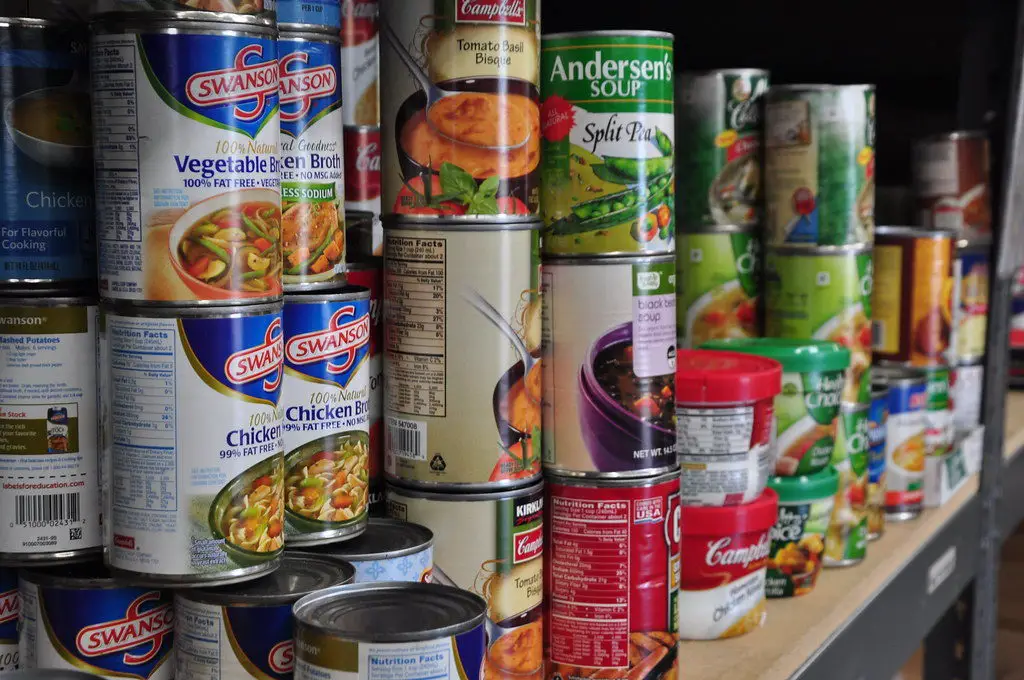More than 30 higher education groups have pledged their support for a bill that seeks to address food insecurity on campuses across the country.
Last week, American College of Education along with the coalition of other college groups penned a joint letter to Senator Elizabeth Warren (D-MA) and Representative Al Lawson (D-FL) extending their strong support for the College Student Hunger Act of 2019 introduced by both the lawmakers in July.
Lauding the bicameral legislation, the coalition anticipates that it would provide the needed tools and resources aimed at ensuring that students will not go hungry as they pursue higher education.
Warren’s bill would make students who receive pell grants and independent students eligible to apply for the Supplemental Nutrition Assistance Program (SNAP) benefits. It would also lower the 20 hours per week work requirement for college students to 10 hours.
Nationally, out of 30,000 college students surveyed, approximately half of two-year and four-year students are food insecure. A similar report by the Government Accountability Office (GAO) found that 30 percent of college students today are food insecure.
Campus initiatives undertaken by colleges and universities were emphasized to enhance student success and increase completion in the letter.
“Hundreds of campuses have established food pantries and more than 650 campuses are now members of the College and University Food Bank Alliance (CUFBA). Some campuses stock basic foods in their emergency assistance offices while others provide emergency grants to enable needy students to purchase food,” the group wrote in the letter.
The latest legislation would give additional responsibilities to the Department of Education, which would be required to notify low-income students who qualify for a Pell grant that they may be eligible for SNAP.
It further mandates the Departments of Agriculture and Education to run demonstration pilot projects to test ways to ensure better implementation of SNAP programs that benefit students the most. It would also advise states and colleges on helping eligible students better access and use their SNAP benefits.

